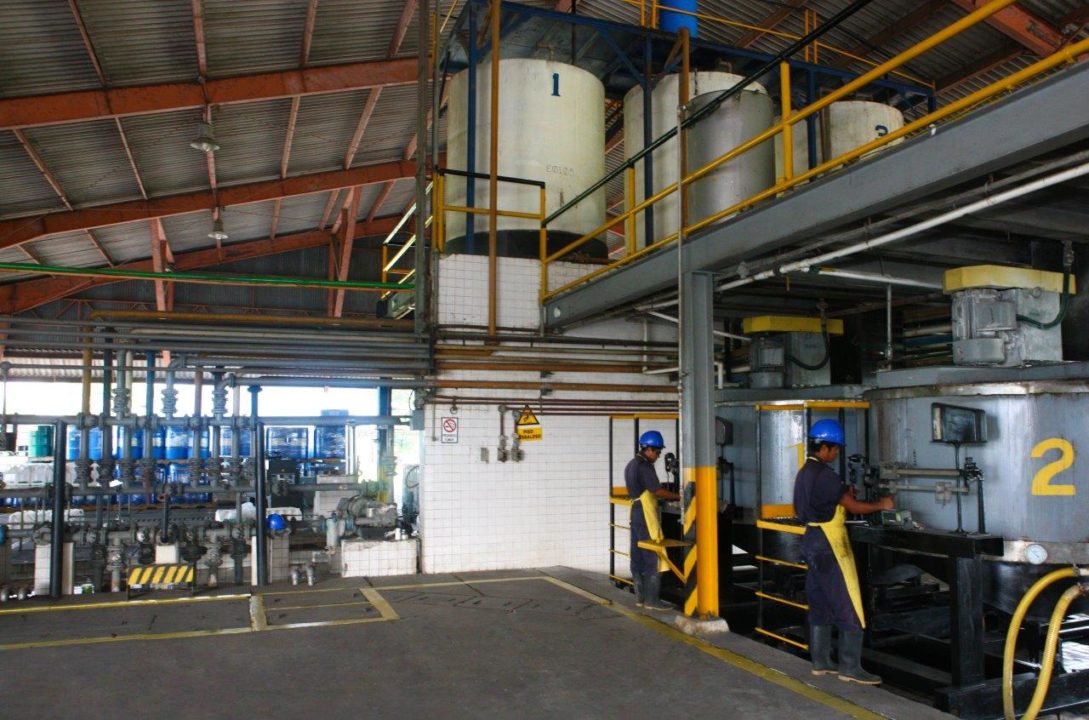How Acadian Plant Health Is Successfully Engaging Multinational Companies
As grower adoption of biostimulants continues to increase and multinational companies play a key part in sustainable agricultural practices, there is still work to be done for convincing all of the industry of biostimulant benefits. AgriBusiness Global talked with James Maude, Senior Vice President of Acadian Plant Health Portfolio Development, about what his company is doing to successfully engage with multinational companies and what are some pitfalls to avoid.
ABG: What has made your company successful in engaging with big multinational companies?
JM: In the last 30 years, the agricultural industry has solely focused on yield. Now the focus has shifted to yield with a need for sustainable products to complement their portfolios. Yet the industry as a whole has typically regarded biostimulants with suspicion, not convinced these bio products can still deliver on yield.
This is where Acadian Plant Health has been able to prove them wrong. By incorporating our biostimulants within their portfolios, we have been able to help multinational companies meet their sustainable ag goals, while still delivering on performance. Understanding that through collaboration we can bring more innovative technologies forward by integrating their yield-performing products with our sustainable technology. We know we are not the whole solution, but we do contribute significantly to global sustainable ag goals in general and our technology is flexible for integration purposes.
Second, and maybe just as important, is the ability to guarantee scalability to fully meet market demand. Feeding the world requires these multinational companies to deliver needed products to growers globally – and our company can scale to meet this demand.
Lastly, we have invested in our company to ensure we have the people and processes to match expectations. This means ensuring we have seasoned ag chem professionals that are able to create a bridge between the biostimulant industry and the global ag inputs industry.

James Maude, Acadian Plant Health
ABG: What are common mistakes you see happening for companies trying to engage with multinational companies?
JM: Many biostimulant companies make bold claims, suggesting these products can solve all problems. Unfortunately, many claims are not backed by science or thoroughly tested and proven research, and this has created skepticism with multinational companies. Companies not understanding the multinational companies’ technology and creating expectations on unoptimized technologies will fall short of market expectations and doesn’t provide meaningful value.
ABG: As you work to formulate new products, are you seeing a strategy to create formulas that work with row crops like corn, soybean, and rice? Do you see this as a trend for the next five years?
JM: Yes. The mode of action of our technology is ubiquitous to all plant types. Row crops fall right in scope of very strong benefits we see in plant productivity, soil health, and carbon reduction.
ABG: What part does ag tech play in the formulation of your products?
JM: We are upgrading our products through innovative formulations. The industry has been characterized as plant extract, not just because the active ingredients come from plants, but the actual presentation of the product is a simple plant extract. We have invested in a Centre of Formulation Excellence based in the United Kingdom to bring the industry to a new level. We will deliver on improved compatibility, handling and storage as well as fundamentally better performing product in the field. Formulation is part of the new Acadian DNA.






